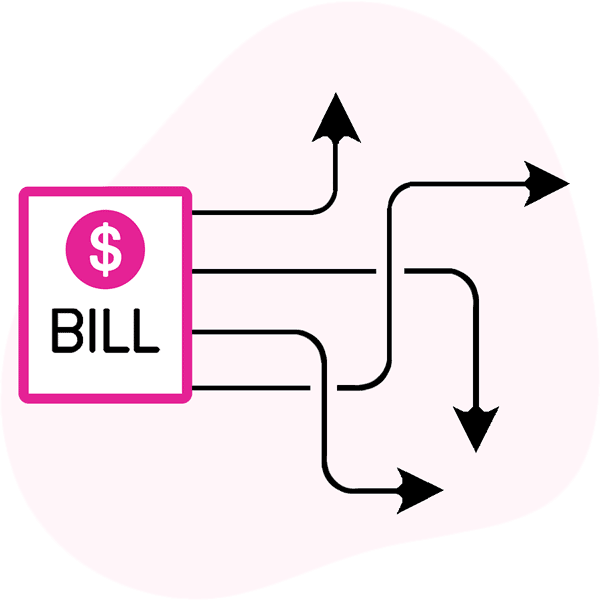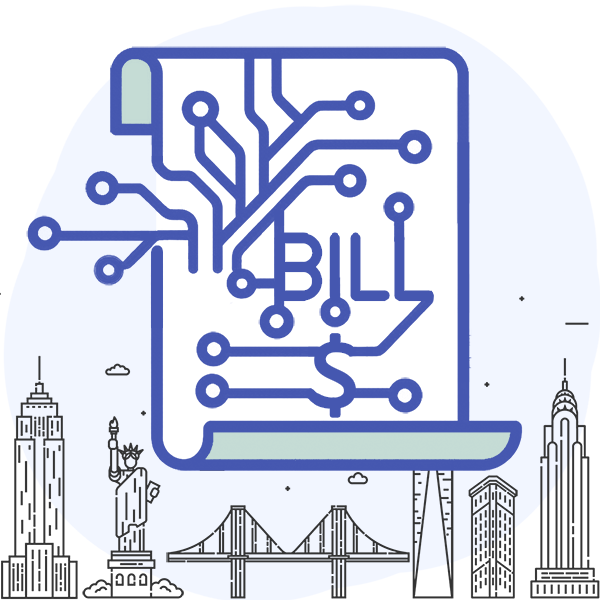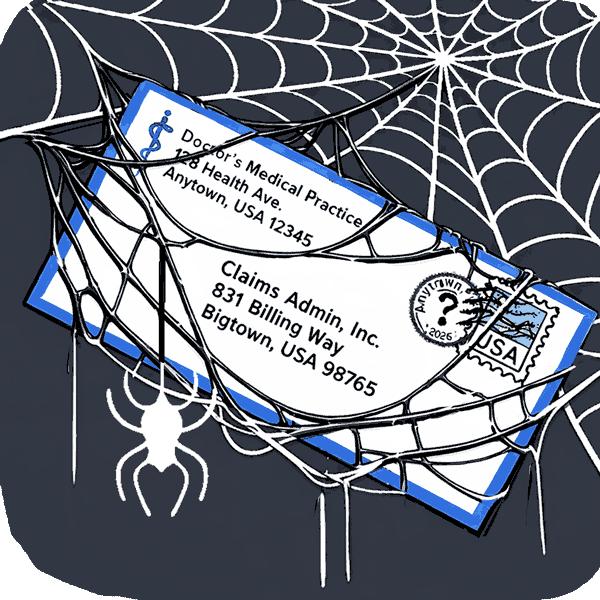Alert: Innovative Claim Solutions' Misleading “ePay” Message

Third-Party Administrator (TPA) Innovative Claim Solutions (ICS) sent a misleading message to providers, counterfactually claiming to be “phasing out” paper checks—and potentially glossing over the possibility of providers paying Virtual Credit Card (VCC) charges.
The message strongly implies that providers must sign up for ICS’s “ePay” service. However, providers are not required to opt into the ePay program.
Moreover, ICS’s message states that “there are no fees from ICS for this enhancement.” But a representative of Carepay, the vendor implementing ePay on ICS’s behalf, confirmed to daisyBill that Carepay’s “payment options” include both direct deposit and VCC payments—the latter of which “may incur the standard merchant fee.”
To be clear, signing up for ePay is unnecessary when sending bills electronically (e-bills) to ICS. Additionally, ICS representatives confirmed to daisyBill that ePay is optional.
Oddly, calling the phone number on ICS’s message directs providers to an outside company apparently affiliated with Citizens Bank, a representative of which expressed confusion at receiving calls about ePay and had no information to offer about the ICS “required” action.
We advise providers to file this message under “Recycle” and continue billing as usual.
ICS’s Confusing, Misleading Message
Beginning in June, providers received the message below from ICS. The message claims that the TPA is “actively phasing out physical checks” and states “ACTION REQUIRED” to enroll in its ePay system to “avoid delays.”
daisyBill called the phone number listed, which directed our representative to the “Priority Commercial Payments Citizens Bank team.”
A Priority representative reported receiving multiple calls about the message above but otherwise had no information. Neither the Priority representative nor their supervisor could find any details regarding ICS or its ePay program, stating:
"Typically we help our clients get their supplier set up with virtual credit cards, and I think the ePay thing is something different."
ICS: ePay Is Optional—and VCC Charges May Apply
daisyBill reached out directly to ICS, a representative of which confirmed that it is not mandatory for providers to sign up for ePay.
ICS directed our representative to email Carepay for further details. When we asked Carepay to confirm that providers will not be subject to payment processing charges, Carepay replied (emphases ours):
"...neither ICS nor Carepay charges a fee for either of our payment options, which include ACH [a form of direct deposit] and instant virtual cards. Virtual cards may incur the standard merchant fee for processing payments through your payment processor."
In other words, ICS/Carepay will not charge a practice a payment processing fee—but a VCC company might. That’s a detail ICS’s message fails to include.
Bottom line: ICS has no power to require providers to sign up for ePay, VCC payments, or any other payment processing service. Providers may continue to bill ICS on paper or with standard e-billing through vendors like daisyBill.
ICS confirmed to daisyBill that:
- Providers who currently e-bill ICS may continue to do so, and nothing will change.
- Providers who currently bill ICS non-electronically may continue to do so, and nothing will change.
State law and regulations, not TPAs, determine how providers must bill for workers’ comp treatment and how claims administrators must remit payment. daisyBill is here to answer providers’ questions (client or not)—reach out using the chat icon on this screen or email us at info@daisybill.com.
We make workers’ comp e-billing simple. Click below to see how daisyBill can save your practice time and money:
LEARN MORE: DAISYBILL
DaisyBill provides content as an insightful service to its readers and clients. It does not offer legal advice and cannot guarantee the accuracy or suitability of its content for a particular purpose.







Thank you very much for this information! It relieves any stress for me!